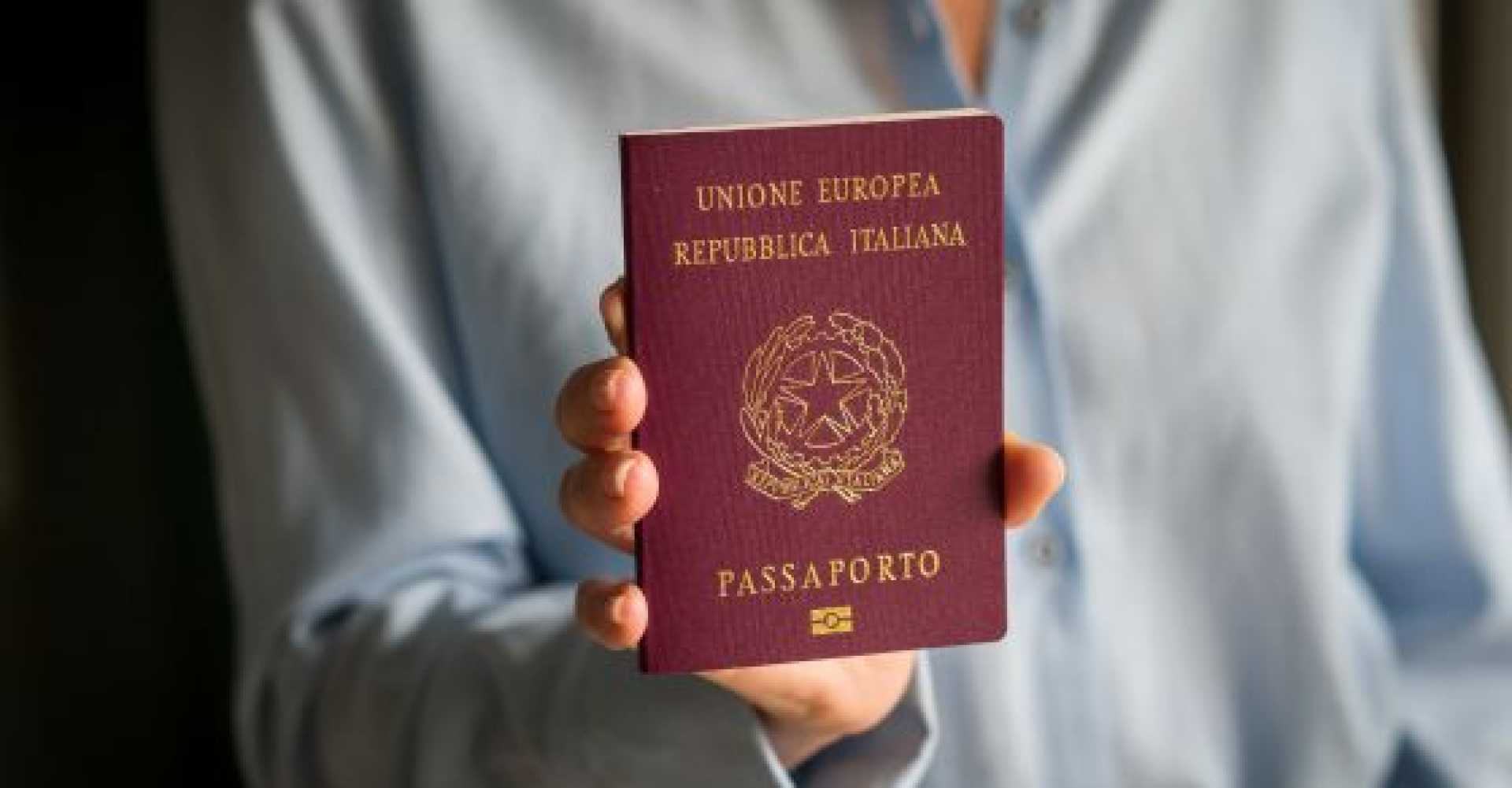World
Italy Tightens Citizenship Laws for Descendants Abroad Amid Growing Concerns

ROME, Italy — On March 28, 2025, the Italian government enacted significant changes to its citizenship laws impacting descendants of Italians living abroad. These modifications, collectively known as the ‘citizenship package,’ were approved by the Council of Ministers and aim to tighten the criteria for obtaining Italian nationality through ancestry.
The new regulations, which the Ministry of Foreign Affairs and International Cooperation (MAECI) claims became effective at midnight on March 27, 2025, must be ratified by Parliament within 60 days to become law. According to a note from the Farnesina, the primary goal of these reforms is to reinforce the connection between citizens abroad and Italy.
Minister Antonio Tajani emphasized that while the principle of ius sanguinis (right of blood) remains intact, new limits are introduced to prevent abuses linked to citizenship applications. Tajani remarked, “Being an Italian citizen is something serious. It is not a game to get a passport that allows you to shop in Miami,” reflecting government concerns over the surge in applications, particularly from Latin America.
Under the new rules, only descendants up to the second generation—children or grandchildren of Italians born abroad—will have an automatic right to citizenship. This represents a substantial change from earlier laws, which allowed individuals to claim citizenship through great-grandparents and even further back in family lineage.
Notably, these restrictions do not affect those who already have their citizenship recognized or those whose applications were underway before the changes took effect. In addition, a second phase of the reform will require individuals born and residing abroad to maintain a tangible connection with Italy. This connection may involve exercising rights or fulfilling civic duties, such as voting or renewing a passport, every 25 years, although specific requirements have yet to be outlined by the government.
The reform also establishes a central body within the Farnesina in Rome to oversee citizenship requests, relieving consulates from processing these applications. Consulates will then focus on servicing current citizens in passport and document issuance. A transitional period of approximately one year is planned for implementing the new system.
Furthermore, one of the most contentious aspects of the reforms is the increase in the application fee for citizenship, which will rise from 300 euros in January to 700 euros. This fee increase has drawn criticism, as many argue that the expedited approval of the decree, effective before formal legislative conversion, bypassed critical public debate.
Local mayors and judges have expressed frustration at the overwhelming number of citizenship requests, which have significantly strained local registry offices. Tajani acknowledged these pressures, asserting, “Serious citizenship should not be subject to abuse, and there have been instances of requests that exceed genuine interest in our country.”
Fabio Porta, a member of the Democratic Party, criticized the government’s actions, suggesting it amounts to a declaration of war against Italians abroad. Porta expressed concern over the lack of respect for parliamentary processes surrounding the swift reforms, saying, “In such sensitive matters, one cannot act in an emergency and hasty manner.”
These changes hold profound implications, especially for the Italian diaspora in Latin America. In countries like Argentina, 20,000 descendants obtained nationality in 2023, with that number rising to 30,000 in 2024. Brazil also experienced growth, with 14,000 individuals acquiring citizenship in 2022, increasing to 20,000 in 2024.
As the Italian government enforces stricter citizenship laws, many descendants of Italians now face uncertainty regarding their eligibility and future applications. The new regulations have sparked increased interest in alternative pathways to citizenship, including judicial and administrative options, as individuals navigate the evolving landscape of Italian nationality.
In summary, the recent reforms to Italian citizenship laws denote a significant shift in policy, with the government aiming to tighten the criteria for citizenship by descent. While the intention is to maintain the integrity of Italian nationality, the broader implications for the substantial Italian diaspora, particularly in Latin America, remain uncertain as the situation develops.












